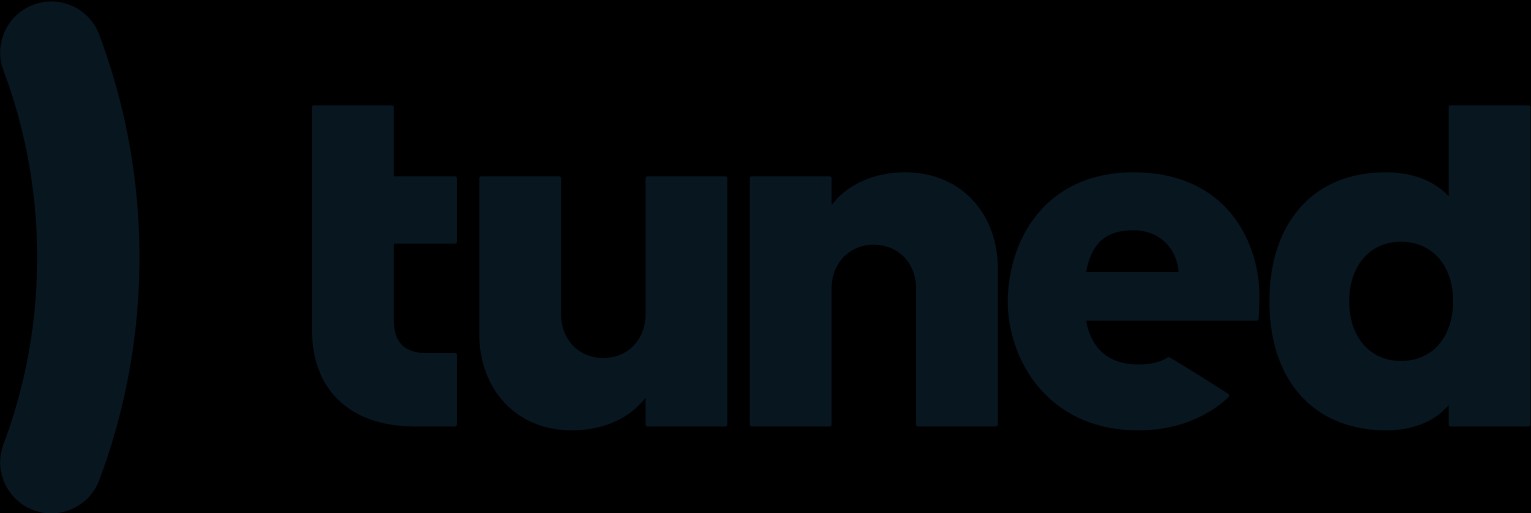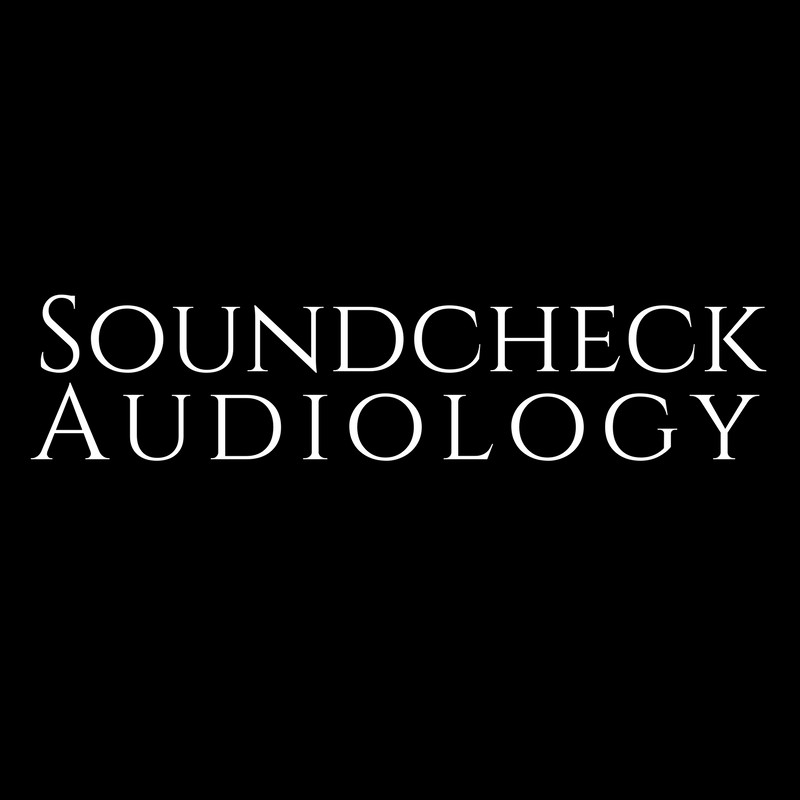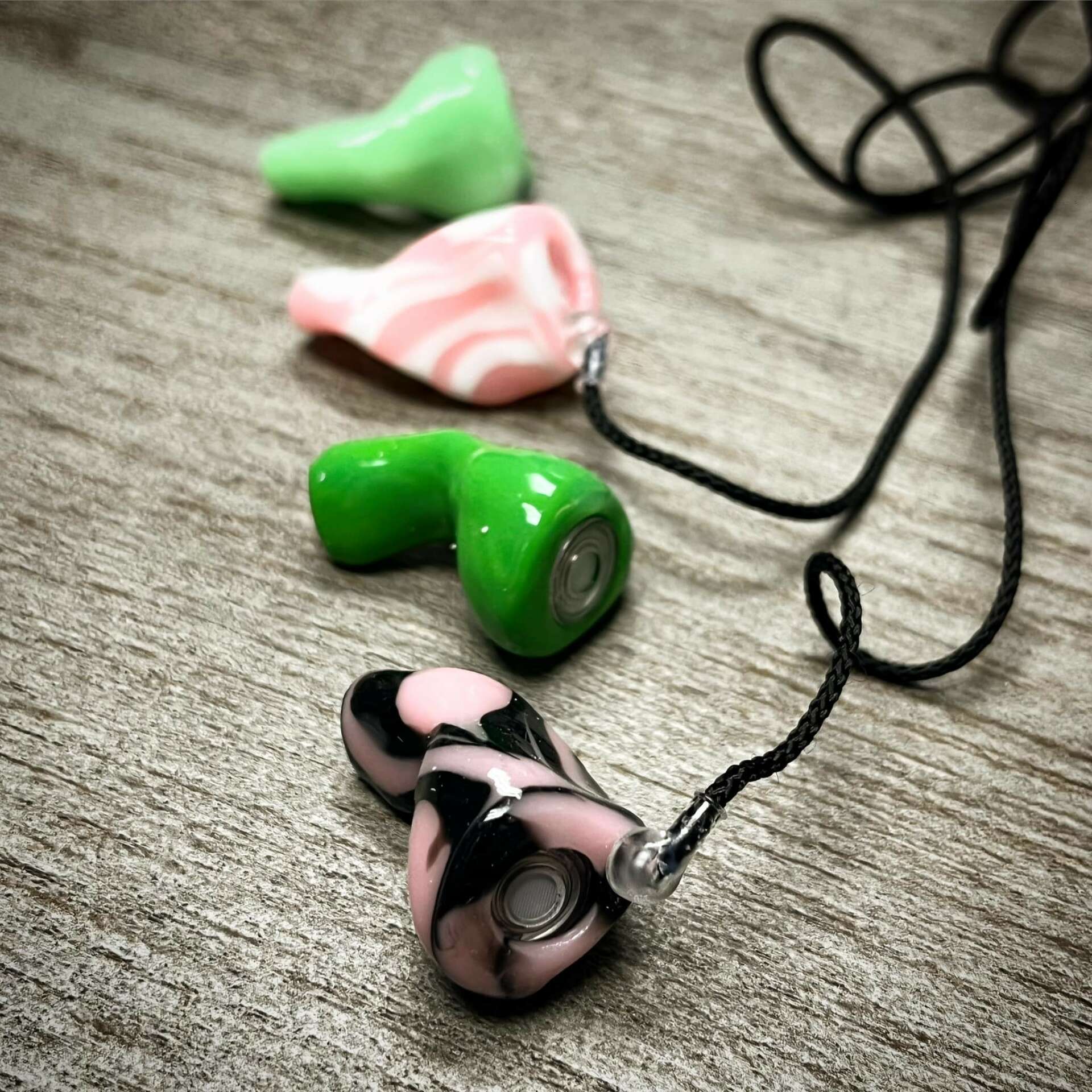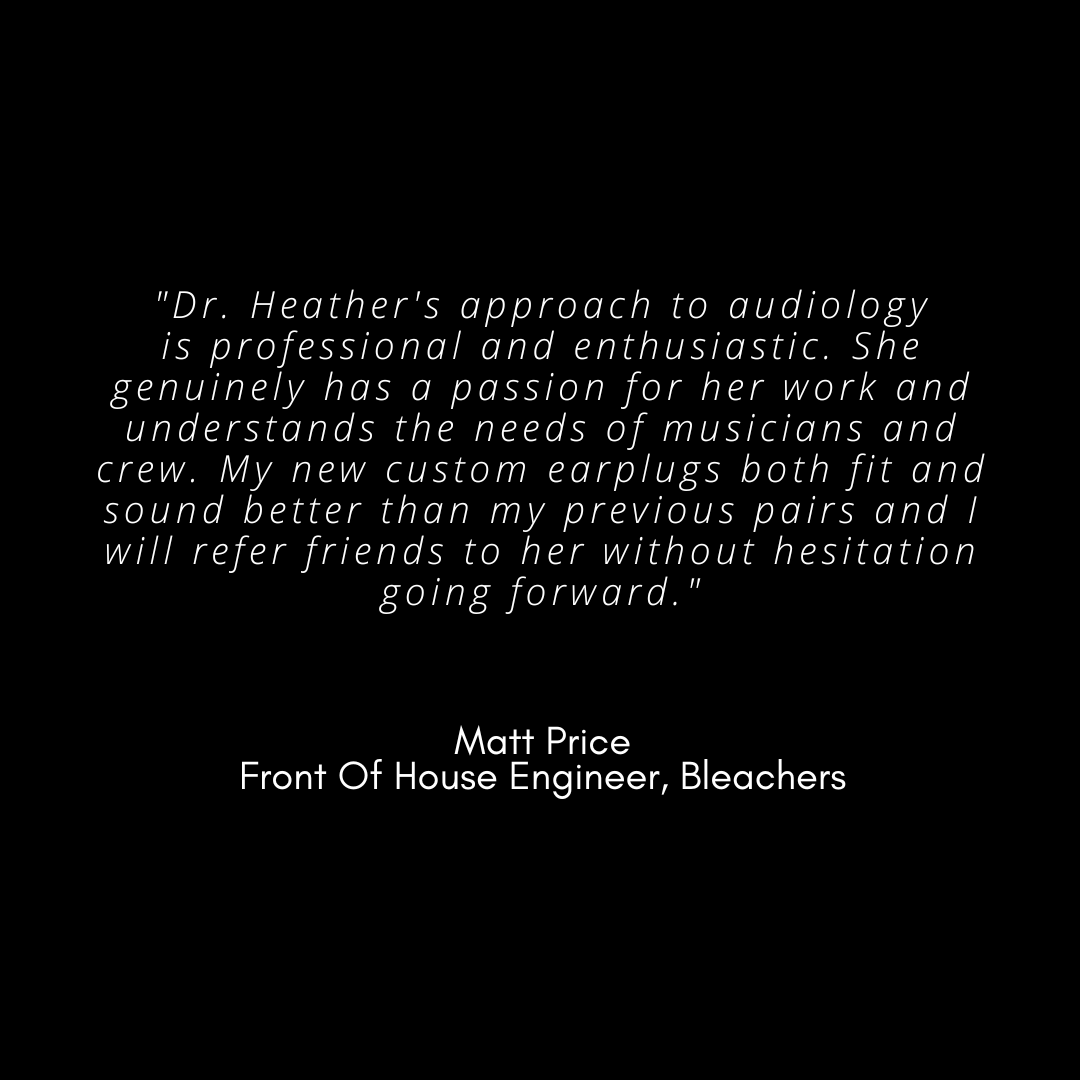We recently connected with Heather Malyuk and have shared our conversation below.
Heather, thanks for taking the time to share your stories with us today. Do you think your parents have had a meaningful impact on you and your journey?
My parents are hard working people who grew up in very poor households. My dad is from Pennsylvania and had a father who, after serving in the European theater in WW2, worked at the local steel mill and did farming. My mom was born in Ohio, though her family moved to Ohio from Pennsylvania, and she had a father who worked a variety of jobs and enjoyed using his paycheck at the local bar. Her mom worked as a maid and a homemaker and would scrape together what she had available to make life not just bearable but enjoyable for her 6 children. My parents are the hardest working people I know. My dad moved from the family farm in PA to Akron, OH, to attend the University of Akron and, after serving during Vietnam, decided to pursue a career in law. My mom worked several jobs in a variety of settings, in real estate and professional offices and, when she and my dad started their family, ultimately decided to be a full time homemaker and a homeschooling mother (which, let’s face it, is like working 5 full time jobs). My parents have truly exhibited the value of the “American dream” to me. They came from almost nothing but were able to create the life they wanted for themselves and their children (myself and my two older sisters).
When I was kid, my dad worked at a large law firm in Akron and through my childhood and young adulthood I had the privilege of witnessing him start his own practice. One thing that struck me about my dad (especially now, looking back at his career), is that he wasn’t the stereotypical “lawyer,” who people tend to dislike or make fun of. He always put honesty and integrity first, making sure that his clients and his employees were helped and cared for, and he maintained not just a spotless reputation, but a celebrated one in his field, for roughly 50 years in practice.
My mom created an example of selflessness for me. Everything she did through my childhood and young adulthood was focused on giving my sisters and I the best education we could ask for, which included many extra-curricular activities in music, sports, volunteer opportunities, and much more. She always taught us the value of not being “quitters,” and the value of keeping our noses to the grindstone. She taught us so many life skills that seemed so basic yet now, as a 34 year old woman, I hold so dear. From balancing a checkbook to cutting coupons, from putting others first and caring for family and community ahead oneself, to being a “thinker” and “business-minded.” She turned each day into an enjoyable event rather than “just another day,” and always demonstrated how sweet life can be when the hard work is completed.
My parents instilled my work ethic in me. They instilled my love of others in me. But most importantly, they taught me faith. They taught me to seek God’s will in my life and view everyone in the world without discrimination, but as individual people who are all equally valuable, worthy of respect, and who all deserve to be listened to.
The way my family shaped me is how I’ve shaped my life and career. One thing I will remember until I retire is what my parents always say: “work to live, don’t live to work.” I work hard, but at the end of the day, the greater, overarching view of life is far more important than any small point in a career.


Heather, love having you share your insights with us. Before we ask you more questions, maybe you can take a moment to introduce yourself to our readers who might have missed our earlier conversations?
I am a doctor of audiology who has a background as a music industry professional. I play classical violin as well as Appalachian fiddle and guitar and have been blessed to be able to work as a musician for a number of years before becoming an audiologist. It’s my love of music and sound that got me interested in audiology in the first place. I was thrilled to learn that I could help “my people” in the industry in a hands-on way if I worked hard enough.
After earning an undergraduate degree in Music History and Literature from the University of Akron, I graduated with my AuD from Kent State University in 2013 and, for the first half of my career, was the clinical director for Sensaphonics in Chicago, IL, a manufacturer of in-ear monitors and earplugs as well as one of the only brick and mortar clinics for the music industry in the world. It was there that I became a hyper-specialized Music Audiologist and hearing conservationist. By 2017, I was missing home and decided that I would move back to Northeast Ohio to begin my own practice, Soundcheck Audiology. Until March of 2020, I worked full-time in the music industry, seeing bands, orchestras, crews, production companies, etc., on-site or backstage for full hearing wellness care. It was then, and still is, my passion to provide CARE to the music industry and not just product. So many individuals view audiologists as people whose purpose is to sell things like hearing aids or earplugs, and they often don’t know just how specialized audiologists can be and how much they can help, especially in the realm of hearing loss prevention.
I enjoy running my own business and through my unique specialization have had some really amazing opportunities to travel the world working with pro musicians, audio engineers, and others. I created the first educational video curriculum for the music industry, I’ve been a Ted Ed educator for hearing loss prevention. I’ve had the opportunity to serve on boards, executive councils, and committees through the National Hearing Conservation Association, the College Music Society, and the American Academy of Audiology. Most importantly, I’ve had the great privilege to mentor over 75 students so far in my career, several of whom I am now very proud to recognize as fellow music audiologists.
When the world drastically changed in March of 2020, the music industry shut down, and so did my clinic. By providence, several amazing and exciting opportunities fell in my lap, for which I was very grateful. One of these opportunities was working in research on a Department of Defense grant looking at pharmaceutical intervention for noise-induced hearing loss. I had worked in research before, but not like this! I learned so much working on this project and it helped me grow in ways I didn’t know I needed. Additionally, in the spring of 2020, I became Head of Audiology for a groundbreaking telehealth company called Tuned. Our mission is to provide expert tele-audiology care to the masses. We have been named as one of NYC Digital Health’s top 100 companies and we have given tele-audiology access to millions of individuals, all while empowering audiologists to stand on their own, separate from device sales, and be recognized for their expertise.
I want readers to know that I am not a typical audiologist. I have a passion for things like hearing loss prevention, alternative amplification (non-hearing aid devices), tinnitus management and the management of other disorders, and while I do work with many “famous” people in the music industry, I always say that, to me, “all ears are famous” and should be treated as such. I’m a provider who loves reading and conducting research to help my patients, and while I’m proud of what I have built with my private practice Soundcheck Audiology, I’m equally as proud to be Head of Audiology for Tuned as we bring hearing care into the 21st century through equity of access.


If you could go back, would you choose the same profession, specialty, etc.?
In a word, yes. I really love the field of audiology for what it is, but especially for its potential. In fairly recent history, we have seen audiology grow leaps and bounds into new spaces such as telehealth and new amplification devices. In my particular specialty, music audiology, I also continue to see growth as new research emerges and the industry becomes more educated. I really feel that the future of audiology is bright and I’m thrilled to be part of it!
Training and knowledge matter of course, but beyond that what do you think matters most in terms of succeeding in your field?
A clinician can be the most book-smart, well-trained, “knowledgeable” person in their field but if they can’t connect with patients, they will not succeed. I think giving ample time in appointments (when appropriate) as well as letting an appointment be a conversation between patient and clinician are huge keys to success in my field and I have a feeling other seasoned audiologists would agree with me!
Contact Info:
- Website: www.soundcheckaudiology.com
- Instagram: @soundcheckaudiology
- Facebook: https://www.facebook.com/soundcheckaudiology/
- Linkedin: https://www.linkedin.com/in/heather-malyuk-766344115/
- Other: www.tunedcare.com


